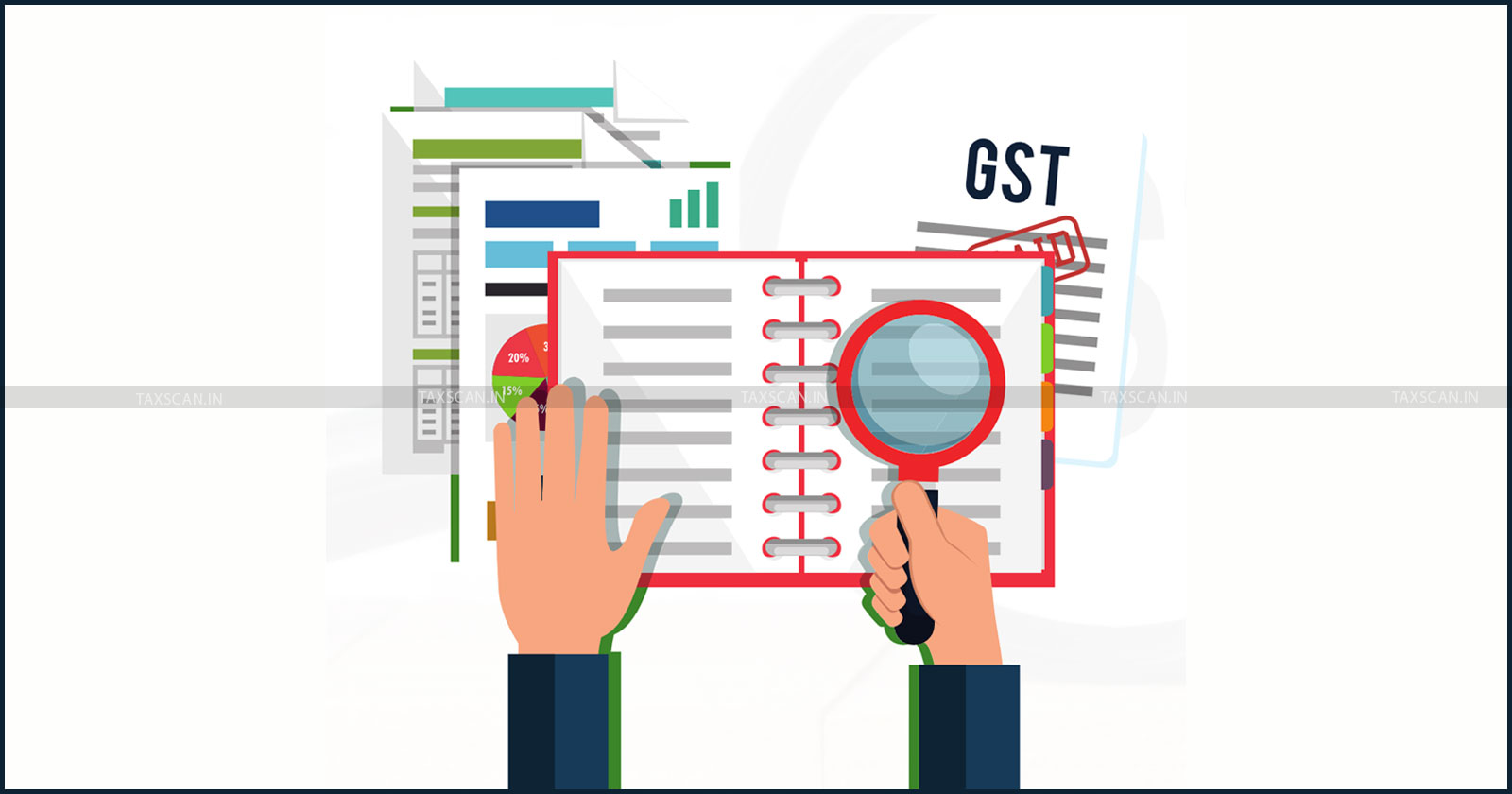EDC Charges Paid to Haryana Development Board Not Rent: Delhi HC Holds Real Estate Developer Not Liable to Deduct TDS [Read Order]
The Delhi HC noted that the matter had been settled in a prior DLF Homes Panchkula case and found no merit in remanding the matter to the AO for fresh adjudication.
![EDC Charges Paid to Haryana Development Board Not Rent: Delhi HC Holds Real Estate Developer Not Liable to Deduct TDS [Read Order] EDC Charges Paid to Haryana Development Board Not Rent: Delhi HC Holds Real Estate Developer Not Liable to Deduct TDS [Read Order]](https://images.taxscan.in/h-upload/2025/09/26/2091213-tds-real-estate-taxscan.webp)
The Delhi High Court recently dismissed an appeal filed by the Revenue, holding that External Development Charges (EDC) paid to the Haryana development authority by a real estate developer is not “rent” and does not require them to deduct Tax Deducted at Source (TDS) on the same.
 Also Read:Access of Residential CCTV Footage for GST Cases: Important Delhi HC Guidelines that Businessmen cannot afford to Miss
Also Read:Access of Residential CCTV Footage for GST Cases: Important Delhi HC Guidelines that Businessmen cannot afford to Miss
The facts following the present appeal follow an assessment order passed by the Assessing Officer (AO) under Section 201(1) of the Income Tax Act, 1961 treating EDC paid by builders as rent under Section 194I, creating a demand of ₹1,13,50,000 and ₹1,08,96,000 under Sections 201(1) and 201(1A) respectively, resulting in a cumulative ₹2,22,46,000.
The Assessing Officer’s conclusion followed a survey that showed EDC receipts by Haryana Urban Development Authority (HUDA) without TDS deduction. The assessee, SS Group Pvt. Ltd., challenged that order before the Commissioner of Income-tax (Appeals) ( CIT(A) ) which allowed the appeal relying on the decision of the Delhi High Court in DLF Homes PanchkulaPvt. Ltd. v. Joint Commissioner Of Income Tax (Osd) (2023). The ITAT upheld the order of the CIT(A) and dismissed the challenge by the Revenue.
Know Tax Planning Real Estate Transactions Click here
Before the High Court, Vipul Agrawal, Sakashi Shairwal, Akshat Singh, Gaoraang Ranjan and Harshita Kotru appeared for the Revenue and argued that Chapter XVII-B imposes an express obligation to deduct tax at source on taxable payments and that the matter warranted remand so the AO could rightly determine whether provisions such as Section 194C or Section 194I was applicable in the present case.
He placed reliance on the Delhi High Court ruling in Puri Constructions Pvt.Ltd. vs. Addl. CIT & Ors. (2024) to contend that EDC payments could attract TDS under contractor provisions in appropriate circumstances.
Meanwhile, the respondent counsel Puneet Agarwal, Yuvraj Singh, Mansi Khurana, Shruti Garg and Chetan Kumar Shukla relied on this Court’s earlier ruling in DLF Homes Panchkula and pointed to the Supreme Court’s dismissal of the SLP in Union of India v. M/s SS Group Pvt. Ltd. (2024) to submit that the position had attained finality between the parties.
The Division Bench of Justice V. Kameswar Rao and Justice Vinod Kumar noted that the Assessing Officer had characterized the payment as rent under Section 194I but that the question of characterisation had been squarely considered by this Court in the batch of petitions including that of the present assessee.
Noting that the contentions raised by the respondent’s position had been accepted in DLF Homes Panchkula (supra) and that the Supreme Court had declined special leave, the High Court found no merit in remanding the matter to the AO for a fresh adjudication.
Since no substantial question of law arose for consideration, the Delhi High Court dismissed the Revenue’s appeal and affirmed that EDC payments to the Haryana development body did not require the real estate developer to deduct TDS.
Support our journalism by subscribing to Taxscanpremium. Follow us on Telegram for quick updates


